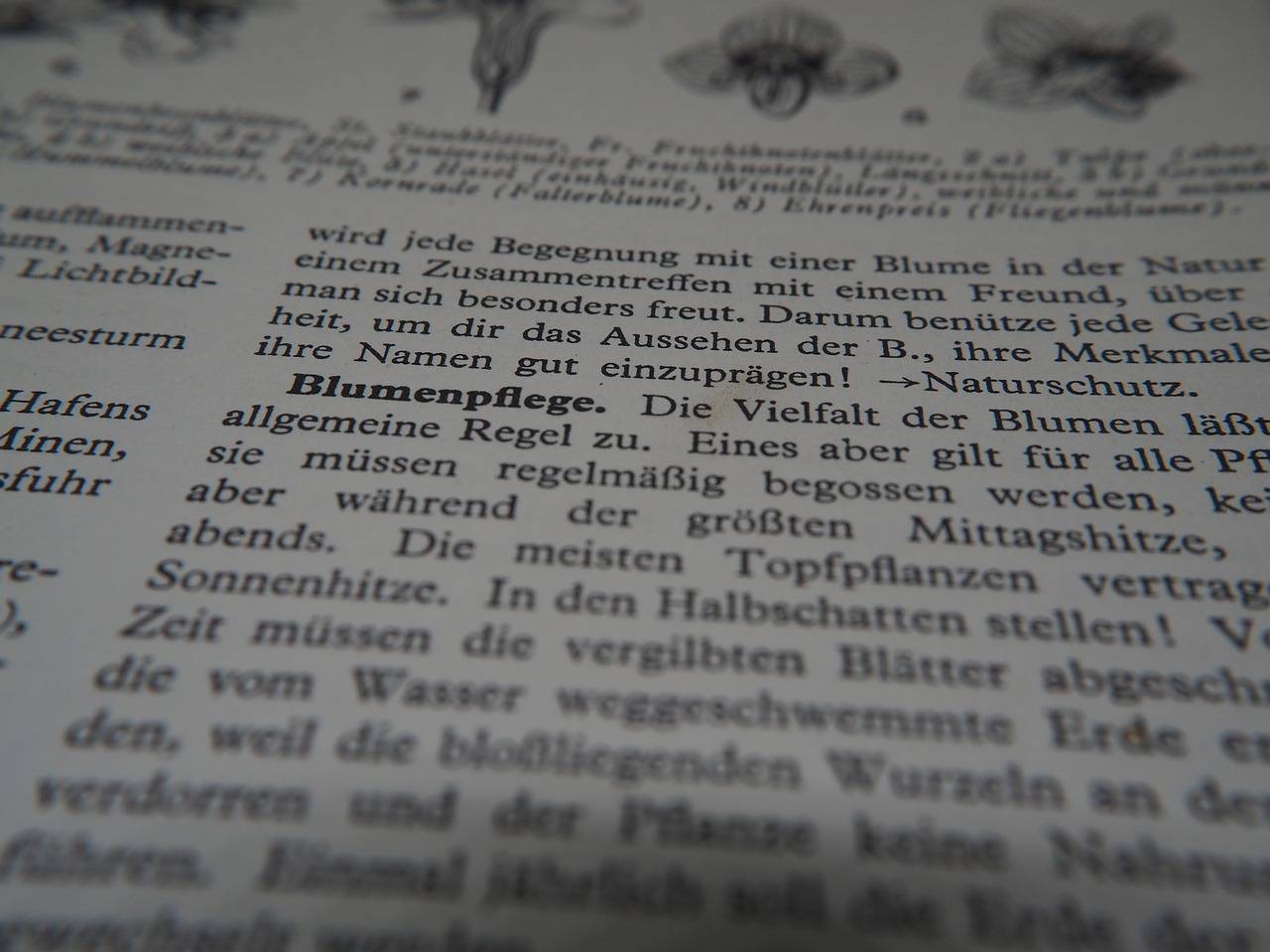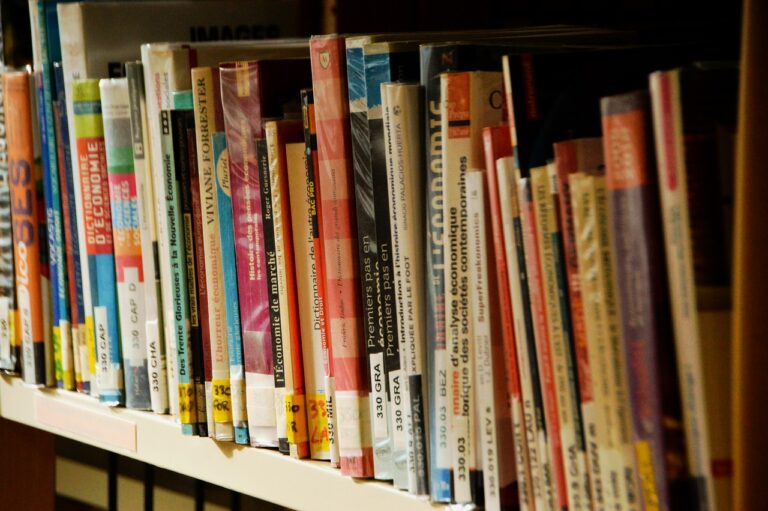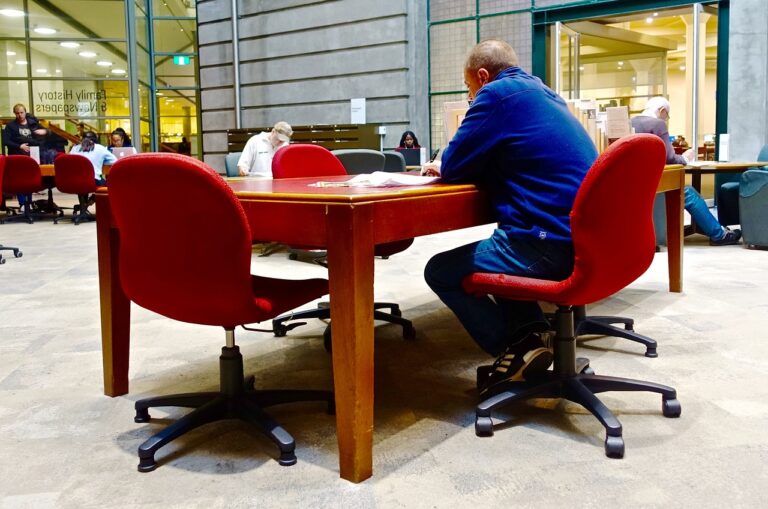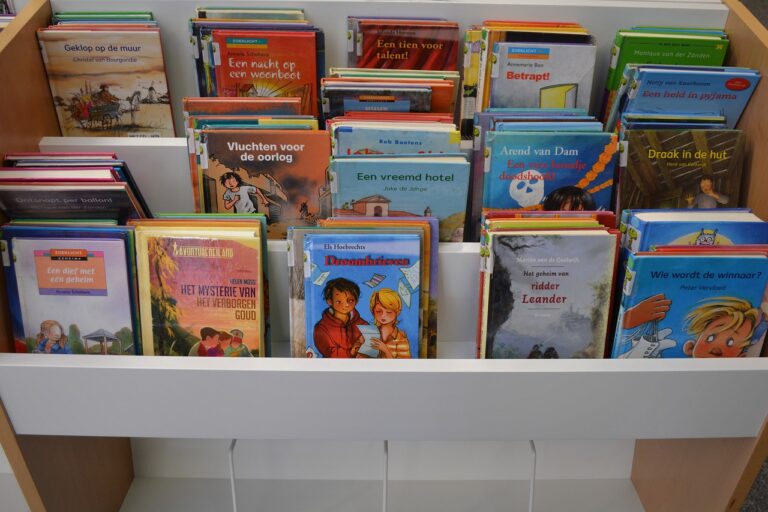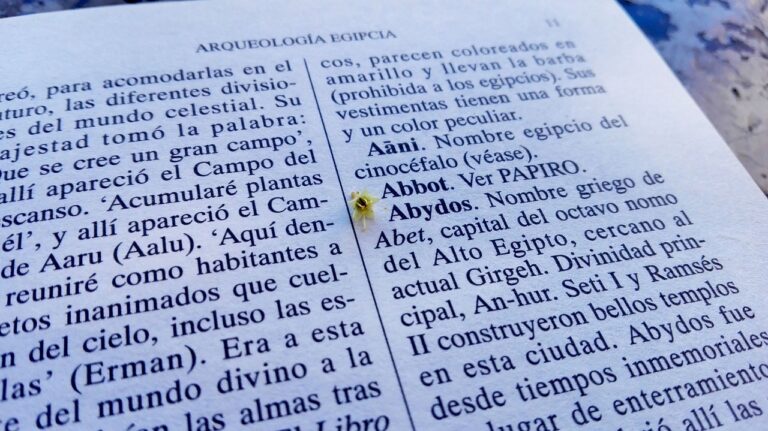The History and Philosophy of Montessori Education: Betbhai9 com sign up, Playexch, Gold365win
betbhai9 com sign up, playexch, gold365win: Maria Montessori was an Italian physician and educator who developed a revolutionary approach to education in the early 20th century. Her method, now known as Montessori education, is focused on fostering independence, curiosity, and a love of learning in children. In this article, we will explore the history and philosophy behind Montessori education.
History of Montessori Education
Maria Montessori first began working with children in the slums of Rome in 1907. She opened her first “Children’s House,” a childcare center that provided a nurturing environment for children to learn and grow. Montessori observed that children had an innate desire to learn and were capable of absorbing knowledge from their surroundings. She developed a method of education that emphasized self-directed learning, hands-on activities, and individualized instruction.
Montessori education quickly gained popularity, and Montessori training programs were established around the world. Today, there are thousands of Montessori schools in over 100 countries, serving children from infancy through adolescence.
Philosophy of Montessori Education
At the core of Montessori education is the belief that children are natural learners who should be respected as individuals. Montessori classrooms are carefully prepared environments that allow children to explore, discover, and learn at their own pace. Teachers act as guides, supporting children’s interests and helping them develop skills in areas such as practical life, sensorial exploration, language, math, and cultural subjects.
Montessori education is based on several key principles, including:
– Respect for the child: Montessori educators believe that children are capable of making their own choices and decisions. They are encouraged to follow their interests and develop their unique talents.
– Hands-on learning: Montessori classrooms are filled with materials that children can manipulate and explore. These materials are designed to help children develop essential skills and concepts through direct experience.
– Individualized instruction: Montessori education is tailored to each child’s needs and interests. Teachers observe children closely and provide support and guidance as needed.
– Mixed-age classrooms: Montessori classrooms typically include children of different ages, allowing them to learn from and with each other. This fosters a sense of community and collaboration among students.
Overall, Montessori education is designed to nurture the whole child intellectually, socially, emotionally, and physically. It empowers children to become independent, self-motivated learners who are prepared to succeed in the modern world.
FAQs
1. What age group is Montessori education suitable for?
Montessori education is suitable for children from infancy through adolescence. There are Montessori programs available for every age group.
2. How is Montessori education different from traditional education?
Montessori education focuses on individualized instruction, hands-on learning, and respect for the child’s natural development. Traditional education tends to be more structured and teacher-directed.
3. Are Montessori schools accredited?
Many Montessori schools are accredited by organizations such as the Association Montessori Internationale or the American Montessori Society. It is important to research a school’s accreditation status before enrolling your child.
In conclusion, Montessori education offers a unique and effective approach to teaching and learning. By honoring children’s natural curiosity and independence, Montessori educators help students develop a lifelong love of learning and a strong sense of self-confidence. Consider exploring Montessori education for your child and see the difference it can make in their educational journey.

